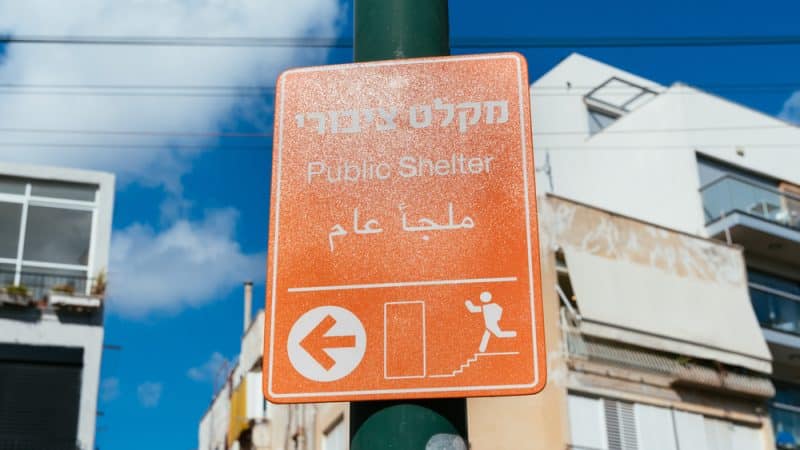Ultra-Orthodox Tel Aviv Suburb Facing Kosher Phone Dispute

Thanks to the booming science and technology sector of Tel Aviv, Israel has come to be known as the ‘startup nation’. Graduates of top state intelligence units have played a key role in this achievement. However, an ultra-orthodox suburb by the name of Bnei Brak, located just a couple of miles east of the skyscrapers in Tel Aviv, there is a vicious fight taking place. It is to determine the compatibility of smartphones with traditional Jewish law and who should be given the power to make decisions regarding internet access.
The ultra-orthodox community
The Haredim, or the ultra-orthodox, population of Israel is about 12% of the total population. Most of the community does not use any form of mass media, including television, as they consider it a threat to their lifestyle. They dealt with the first wave of mobile phones by creating their own kosher ones.
These could only be used for making and receiving calls from blessed numbers boasting the prefix 05331 and did not have any internet or camera support. However, the community is finding it difficult to keep the internet out with the rise of smartphones.
Similar to a number of high income countries, Israel has shifted activities like provision of municipal services, bank account access and tax filing online.
The Haredim solution
So far, their solution has been to continue using ‘dumb’ phones, or to opt for smartphones that have filters for content blocking pre-installed. A typical kosher smartphone only as a calculator, clock and navigation software on its home screen.
There are an estimated 500,000 kosher mobile phones in use in Israel and their kosher certificates are issued by just one body called the Rabbinical Committee for Communications. This influential and opaque operation screens the content, numbers and the flow of information, as they deem fit.
The problem
According to a political commentator of the Haredi community, Israel Cohen, the community rarely agrees on something, but now most people believe that the committee has gotten out of touch. Members have asserted that a lot of numbers that are blocked include hotlines for public transport and news that are widely used by Haredim.
In fact, numbers for domestic violence and medical services are also blocked. Competition has also become limited because kosher numbers cannot be shifted to non-kosher providers. While several lawsuits have been filed for abolishing the system and more than 75 million has been spent, they haven’t had much success. The communications ministry of Israel also stepped in and held hearings, but some community leaders were heavily opposed to the idea. The proposals put forward are now left hanging after the collapse of the coalition government in the previous month.
However, the Rabbinical Committee for Communications may not be able to hold up for long. Recent research has shown that a growing number of ultra-Orthodox community members have started to use the internet for basic needs like work, email, government service access, information searches and banking. Almost half the people online also use social media networks.



